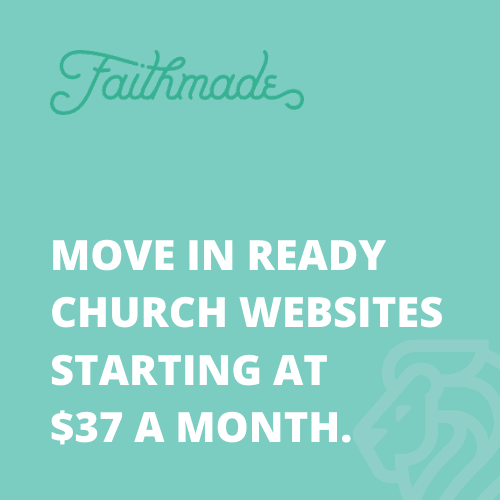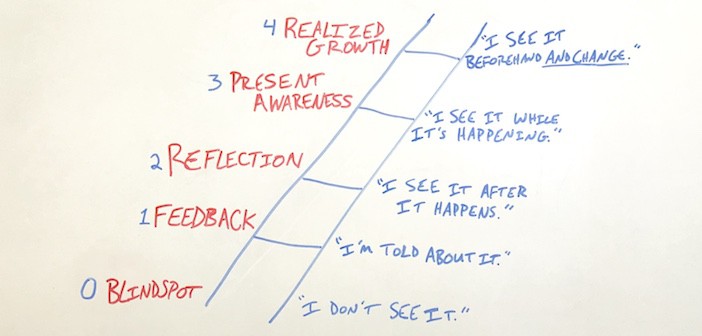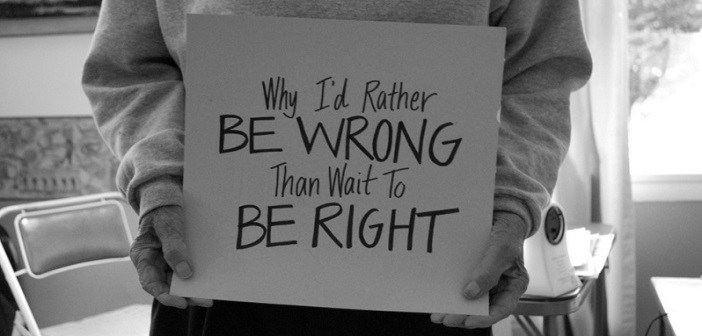The problem with our own excuses is that we very much want to believe them. They begin with something that we are afraid to do. Then we rationalize inaction by falsifying barriers that either do not exist or should not be determinants.
“I cannot start project B because ____________ hasn’t finished project A.”
“I cannot approach that situation with ____________ because she will only get more upset.”
“I cannot adjust our worship style because ________________ will leave the church.”
.
Excuses are self-created barriers that relieve us of the responsibility to do the things we must.
.
In the short-term, they’re quite nice, providing false comfort about inaction. But as time passes, cumulating excuses are the very reason many organizations slip into decline.
.
If you’re a leader of any capacity, I am willing to bet that right now, you are stalling an important action step with a self-made excuse. (Don’t worry, I have mine, too.) The funny part is this: When other people make excuses we can see right through them. We must not allow ourselves to believe that our own excuses are safe from objective observers. When you make an excuse for why you cannot do the thing you must, you not only stall your organization, you lose credibility with everyone else on your team.
.
The greatest organizational changes are made when we eliminate every barrier to action, including the ones we’ve built in our minds.
.
What is the one thing you are most afraid to do?
What excuse is holding you back?




One Comment